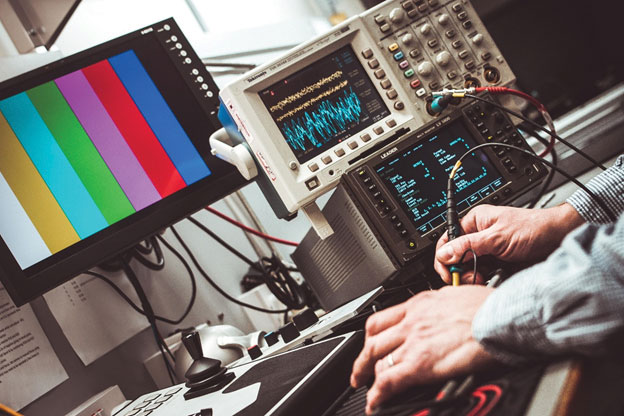By Zain Hasnain, Mechanical Engineer
Abstract
Machine learning has emerged as a revolutionary technology with the potential to transform various industries, including mechanical engineering. This research article explores the integration of machine learning techniques into mechanical engineering processes, demonstrating its impact on design, optimization, and manufacturing. Through an in-depth analysis of case studies and recent developments, we discuss the current state of machine learning in mechanical engineering, highlight its benefits, challenges, and future prospects, and shed light on the evolving paradigm of engineering innovation.
Machine Learning in Mechanical Design
a. Generative Design: It’s a machine learning-based approach, automates the creation of design alternatives. By using algorithms that consider multiple constraints and objectives, machine learning can generate optimal designs, saving time and resources.
b. Product Lifecycle Management (PLM): machine learning enhances PLM by providing predictive maintenance, quality control, and product performance optimization. Data-driven insights allow engineers to make informed decisions at every stage of product development.
c. Design Optimization: machine learning algorithms optimize designs by iterative learning from past design data, improving design efficiency and reducing trial-and-error iterations.
Machine Learning in Optimization
a. Structural Optimization: machine learning algorithms can predict the best material distribution within structures to minimize weight, cost, and increase structural integrity.
b. Manufacturing Process Optimization: machine learning optimizes manufacturing processes through predictive modeling, leading to increased efficiency, reduced waste, and improved product quality.
c. Supply Chain Optimization: Machine learning helps optimize supply chain logistics by predicting demand, minimizing transportation costs, and ensuring timely deliveries.
Machine Learning in Manufacturing
a. Predictive Maintenance: machine learning algorithms monitor machine health and predict maintenance needs, reducing downtime and extending equipment lifespan.
b. Quality Control: machine learning-based image recognition and data analysis ensure consistent product quality by detecting defects in real-time.
c. Additive Manufacturing Machine learning optimizes parameters in 3D printing, resulting in higher precision and reduced material waste.
Challenges and Concerns
a. Data Quality and Quantity: machine learning’s success depends on data quality and quantity, making data collection and preprocessing crucial.
b. Interpretability: The black-box nature of some machine learning models can be a concern for critical applications in mechanical engineering.
c. Integration Efficient: integration of machine learning into existing mechanical engineering workflows and systems can be challenging.
Future Prospects
a. Advanced Simulation: machine learning-driven simulations are expected to become more accurate, reducing the need for physical prototypes.
b. Autonomous Systems: machine learning will play a pivotal role in the development of autonomous mechanical systems, from vehicles to industrial robots.
Conclusion
Machine learning has already begun to revolutionize mechanical engineering by enabling more efficient design, optimization, and manufacturing processes. Despite challenges, the integration of machine learning promises to enhance product quality, reduce costs, and accelerate innovation in the field. Engineers must adapt to this evolving paradigm, embracing the opportunities and addressing the concerns to unlock the full potential of machine learning in mechanical engineering.








